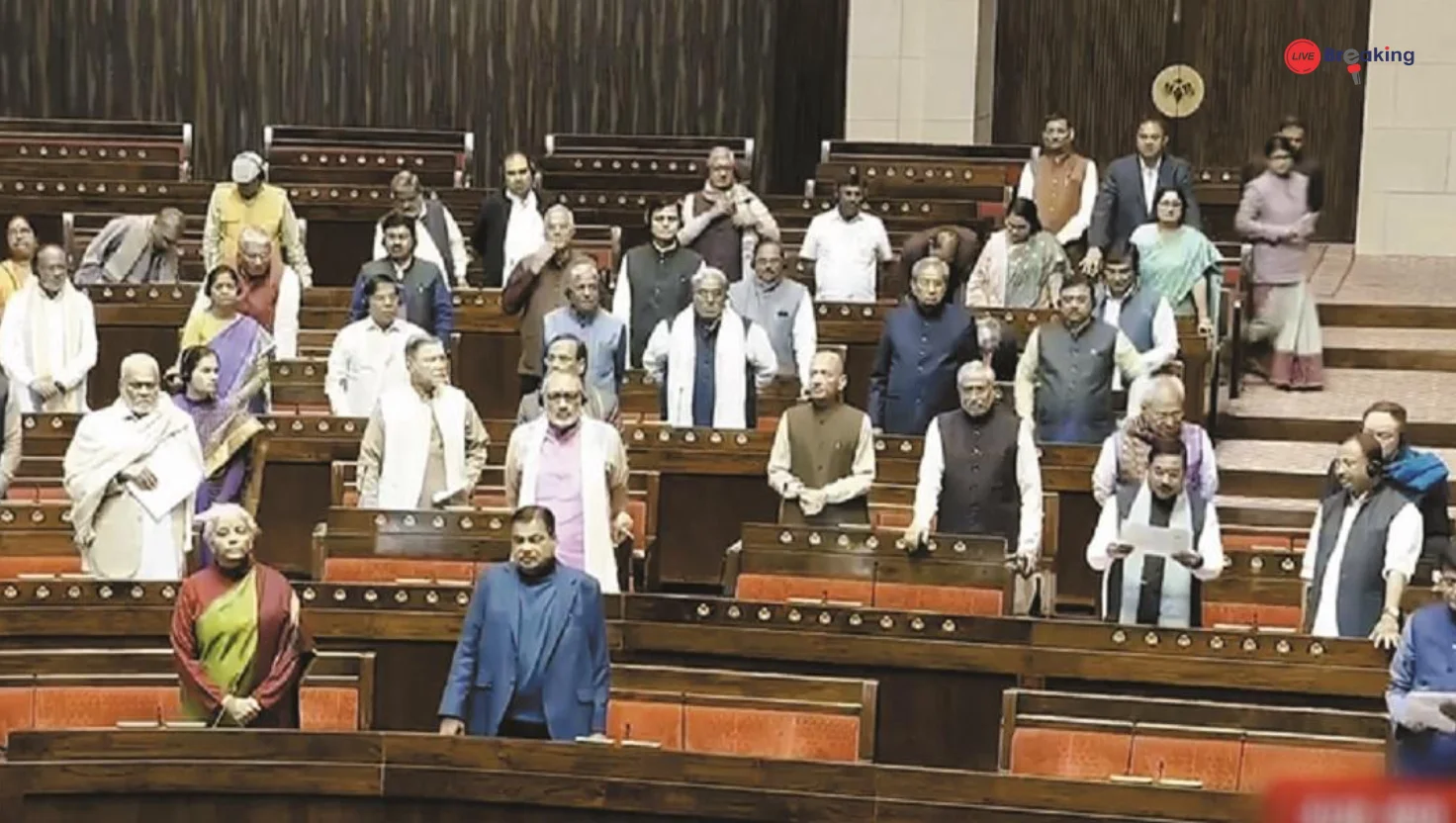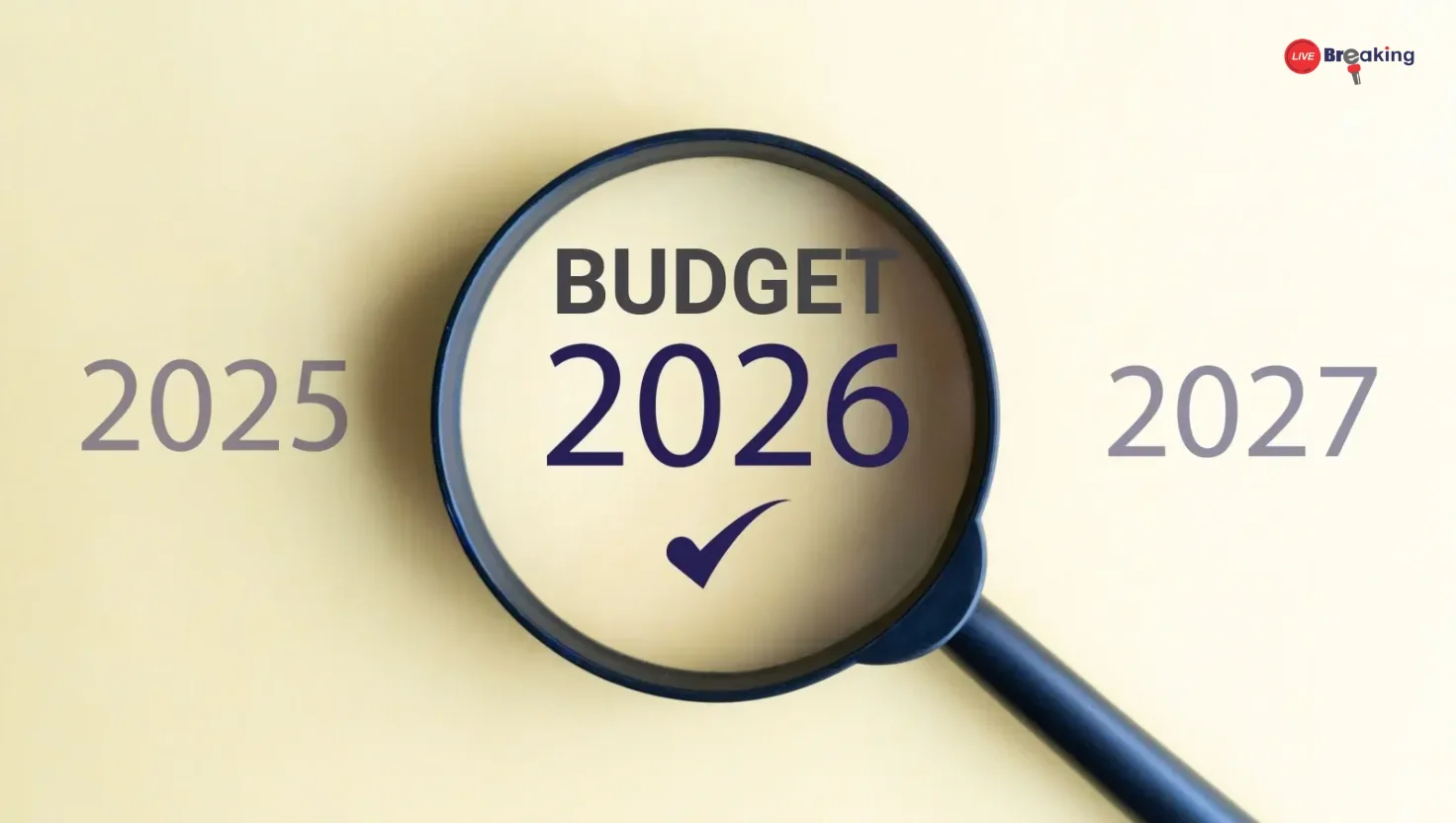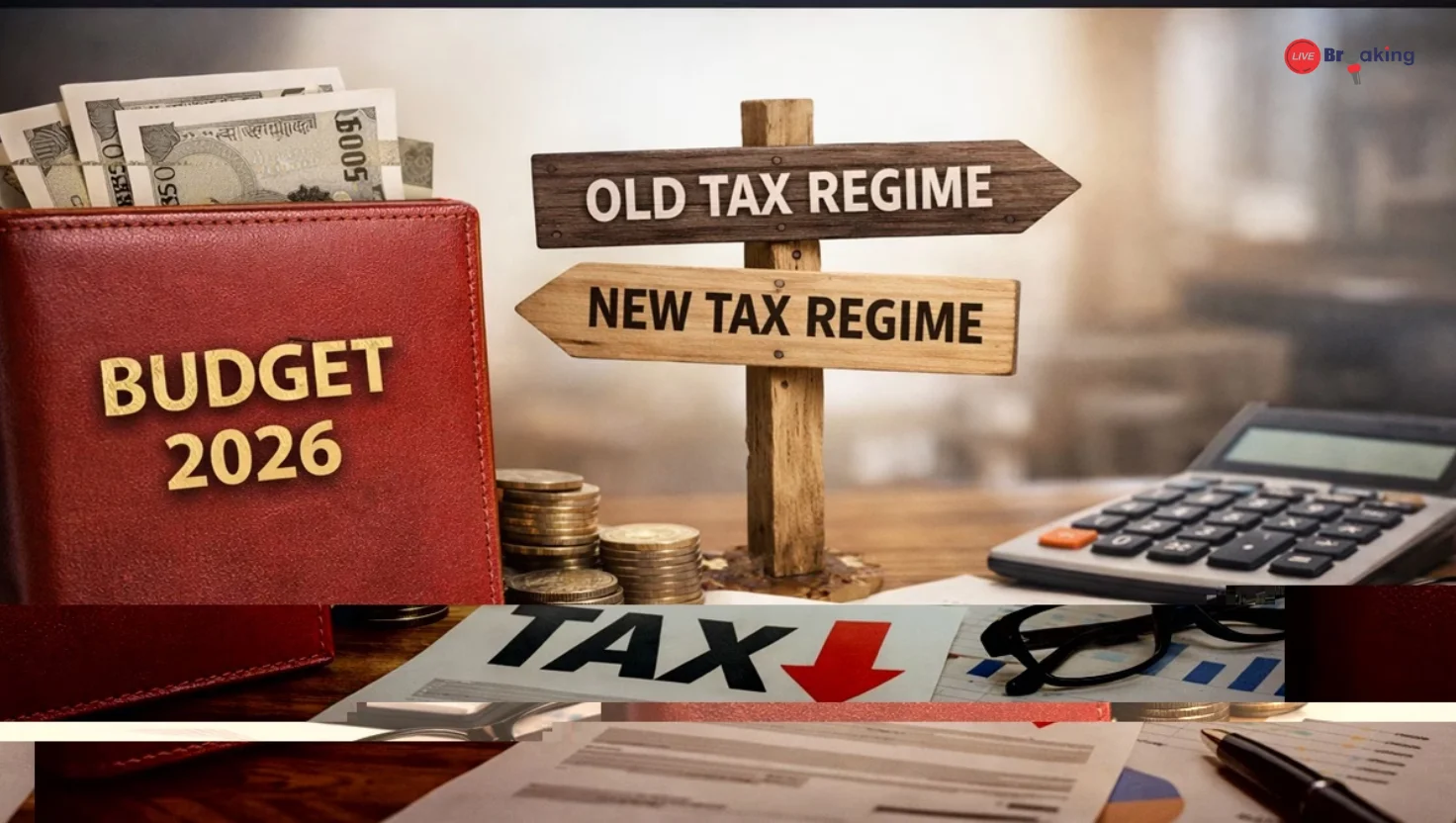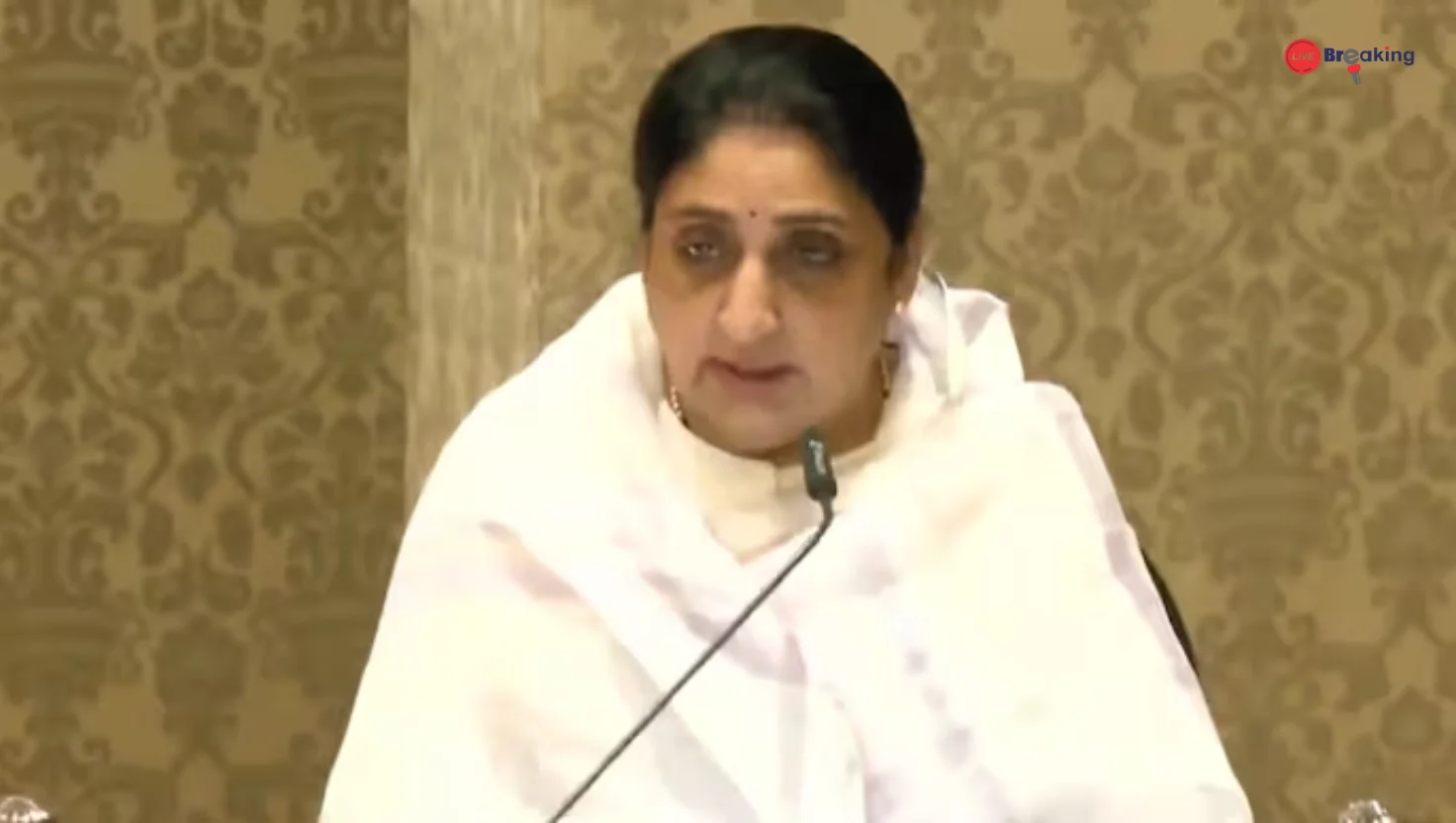Amazon, Walmart, Target Hit Pause on India Imports After Trump’s Move
Major American retailers — including Amazon, Walmart and Target — have temporarily halted orders from Indian suppliers after U.S. President Donald Trump announced a sharp increase in import duties on Indian goods, taking the effective tariff rate to roughly 50 percent, industry and trade sources told reporters. The move has produced immediate disruption across India’s textile and apparel hubs, where buyers have been told to pause shipments until the commercial uncertainty is resolved.
Exporters in Tiruppur, Noida, Surat and other manufacturing centres say they were woken by late-night phone calls from American buyers who demanded either that suppliers absorb the new levies or that production be shifted out of India. Several large suppliers — including names that account for substantial U.S. sales — reported receiving formal letters and emails asking them to put consignments on hold while buyers assess the cost hit. The sudden flurry of cancellations and “hold” notices prompted a scramble by factory owners to reassess orders already in the production pipeline.
Industry estimates shared with news outlets suggest the higher duties could raise export costs by around 30–35 percent at the factory gate and could translate into a 40–50 percent drop in U.S.-bound orders — a loss that some analysts put in the range of $4–5 billion for India’s apparel sector if the pause persists. The U.S. is a top market for many Indian textile producers, and for some exporters a large share (40–70 percent) of revenue depends on American buyers.
Retailers’ actions reflect the immediate commercial logic: a sudden, steep tariff makes previously agreed price points untenable for U.S. sellers who may not be willing or able to pass the full cost onto consumers. In public statements, buyers commonly stress the need to shield margins and maintain stable pricing across large retail networks — a position that has, in this case, prompted temporary suspension of fresh orders and an urgent review of existing supply contracts. Market participants say some buyers are exploring shifting sourcing to lower-cost countries such as Bangladesh, Vietnam or Ethiopia to avoid the tariff shock.
Read more: Donald Trump: I Don’t Care If India and Russia Collapse Their ‘Dead Economies’ Together
The tariff escalation — reportedly tied to broader U.S. foreign-policy aims — has also spurred a rapid reaction from Indian policymakers. Government officials were reported to be convening emergency meetings to evaluate support measures for exporters, and trade bodies urged swift consultations to limit job losses and liquidity pressures in the sector. The United Nations and other international observers expressed concern about the sudden trade shock and urged dialogue to avoid wider spillovers.
Short-term pain is likely to be concentrated in labour-intensive clusters that operate on thin margins and tight working-capital cycles. Factory owners warn of order cancellations, delayed payments and the logistical headache of trying to re-route shipments or re-price contracts already underway. For many Indian manufacturers, the immediate priority is to negotiate with buyers — some hope that a portion of the tariffs can be absorbed by U.S. firms, while others are preparing contingency plans to move production to alternate jurisdictions.
Read more: Rahul Gandhi Alleges Election Fraud, EC Challenges Him to Prove It
Beyond the immediate commercial fallout, trade analysts say the episode could accelerate existing supply-chain shifts. Companies that had begun diversifying away from China in recent years had been increasingly turning to India; a sudden tariff shock risks reversing that trend or at least slowing it, as global purchasing teams weigh country-risk alongside cost and capacity. The longer the pause continues, the greater the risk of permanent order migration.
For now, exporters wait for clarity. Buyers’ pause orders have left factories holding raw materials and partially finished goods; workers and subcontractors face uncertainty; and governments on both sides will likely feel pressure to find a diplomatic and commercial way out. Whether the suspension proves a short-term response to an unexpected policy decision or the start of a protracted realignment in U.S.–India trade will depend on rapid policy dialogue and how retailers and suppliers divvy up the newly imposed costs.












